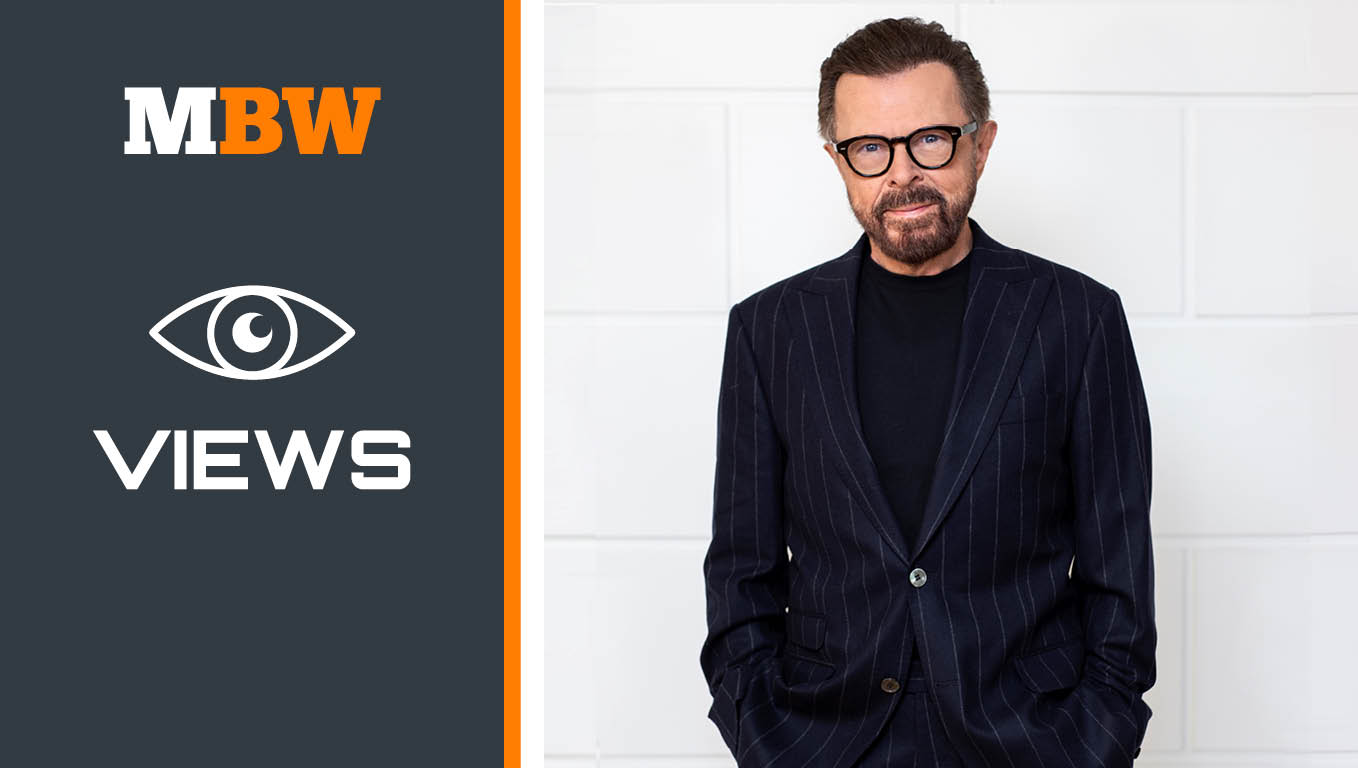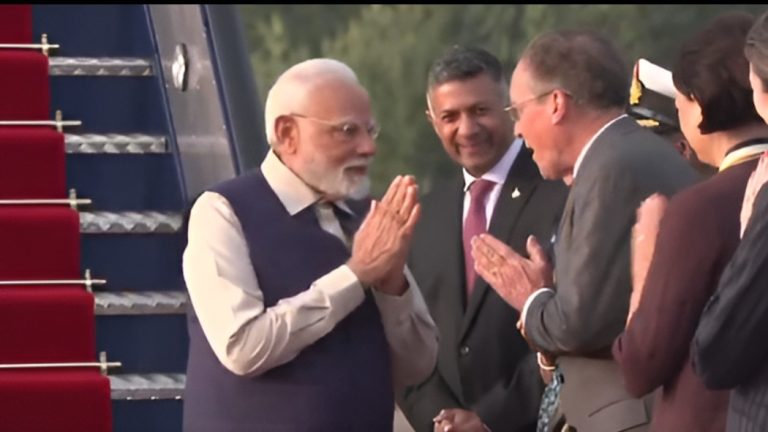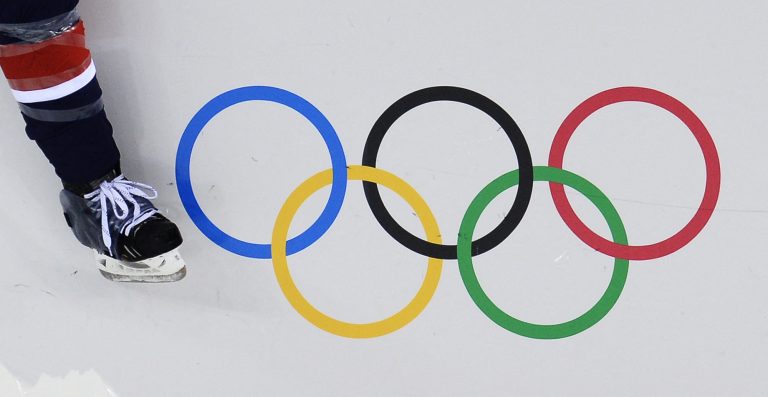MBW Views is a series of op-eds from eminent music industry people… with something to say. The following op-ed was originally delivered as a speech to European lawmakers on Tuesday evening (May 20) by ABBA co-founder and CISAC President Björn Ulvaeus.
Ulvaeus led a high-profile delegation of creators to Brussels this week (May 20-21) to call on the EU to safeguard creators’ rights in the AI era.
He warned lawmakers that “We must never be seduced by the false idea that, in the headlong rush to the new AI world, creators’ interests must be cast aside”.
Ulvaeus added: “That approach won’t work – not for the creative sector, not for the economy, or for culture, or even for the tech sector whose vast AI revenues, let’s not forget, derive from copyrighted creative works made by humans.
“The vision has to be a win-win for creators and the tech industry. That can only happen with legislation that truly and effectively safeguards creators.”
Björn Ulvaeus has granted us permission to publish his speech in full as an op/ed. Over to Björn…
SETTING THE SCENE
I have always believed passionately in Europe – and European unity – as a force for good.
I have also admired Europe’s leadership in protecting culture and championing the rights of creators.
I’m going to open this event with some words about a critical topic – that is, the AI revolution: how it will impact creators, culture, human creativity and the vast economy that is generated by the creative industries.
We are living at a time of unprecedented transformation.
AI tools are getting better and smarter by the day.
Investment in AI by the tech sector is skyrocketing.
A debate is raging across the world about balancing technology innovation and creators’ rights.
And governments are coming ever closer to making decisions that will shape the environment and have a profound impact on culture.
It’s undoubtedly a big moment in time for policy makers.
It is their job to make the rules and shape the landscape of this new world.
Creative industries have seen a few revolutions in recent decades.
But this is the biggest one.
At stake is the whole copyright system which makes cultural creation possible and economically sustainable. The overriding concern from creators at this time is, of course, that creators’ rights are safeguarded, and effectively so. This should not be a controversial request.
But with the way the discussion is going is some parts of the world, there is, I fear, a real danger.
And a deep concern that creators rights will not be safeguarded, but rather diminished, to a point where original human creativity becomes a monument to the past.
We are pro-AI
Let me say at the start – I believe that AI tools are great.
Bring on the AI revolution!
I have spent a lot of time talking to creators and tech companies about AI’s potential.
It brings huge benefits, unlocks new ways of creating that we didn’t even imagine possible. People sometimes get the idea that those who create for a living are in some way afraid of new technology. As an artist with a career of 40 years behind me, I can tell you nothing is further from the truth. Creators are entrepreneurial, innovative, risk-takers.
They have to be.
My whole career has been about experimenting and innovating.
That is the life of a songwriter, or a film-maker or an artist of any genre, especially in the digital age.
Creators are not afraid of AI. But they are afraid of losing their living, and their career, because of a badly-regulated AI environment.
They are right to be fearful. CISAC’s independently-commissioned impact study last year estimated huge losses of music and audiovisual revenues if effective safeguards are not put in place.
The legislative priorities. What are those safeguards?
First there must be transparency – AI training MUST be subject to clear and effective transparency rules. Without transparency, we will never know which works were used, by whom, and how. And this information is a must for licensing.
So, interlinked with transparency, is licensing.
Creators should be in a position to authorise and license their works for use by AI companies. The right and ability to license is the beating heart of the creative sector.
It cannot be negotiable.
And, thirdly, also interlinked, remuneration.
Our mission is not to stop AI, but to effectively monetise it.
That means guaranteeing payment when creators’ copyrighted works are trained by AI tools.
So inevitably the focus is now on policy makers – and especially here in the EU, which has played such an influential role in the copyright field over many years.
The EU AI Act
The EU AI Act took effect last year, after an intense debate.
The European Parliament, I know, played a key role in its successful adoption.
The Act, and its promising provisions on copyright compliance and transparency rules, came as an enormous relief to the creative community.
It was a first step only, but one to applaud as a possible model for other jurisdictions.
Today, I hear a different view.
There are deep concerns that, in the implementation of the AI Act, via the Code of Practice for AI companies and the Transparency Template, the key principles from the AI Act that safeguard the interests of creators and the creative industries, are being watered down.
They are watered down, to a level where they will be barely effective.
If Europe backslides now, that would be hugely disappointing and damaging.
It will create a dangerous precedent.
And it would also send a worrying signal to the world – that Europe does not value its creators or its creative sector.
Concluding message
So I would like to end my speech with simple message to the EU: please stay true to the vision that you had with the AI Act.
Implement the AI Act in a way that would make it genuinely effective.
Make sure the AI Act’s implementation provides the basis for a healthy market with true collaboration between creators’ rights and technology.
Make copyright compliance and transparency obligations not just general objectives, but concrete realities that work in practice.
We must never be seduced by the false idea that, in the headlong rush to the new AI world, creators’ interests must be cast aside.
That approach won’t work – not for the creative sector, not for the economy, not for culture. It also won’t work for the tech sector whose vast AI revenues, let’s not forget, derive from copyrighted creative works made by humans.
The vision has to be a win-win for creators and the tech industry.
That can only happen with legislation that truly and effectively safeguards creators.
So I say: Bring on the AI revolution – but stay true to safeguarding creators’ rights.Music Business Worldwide






